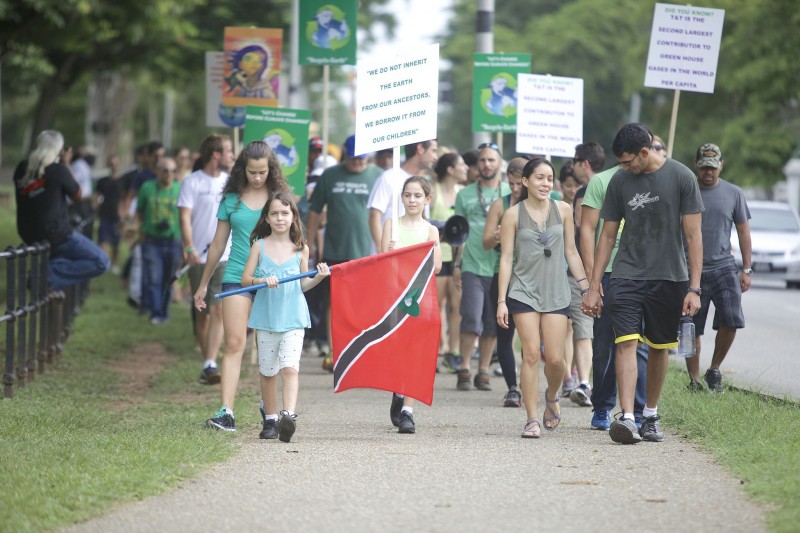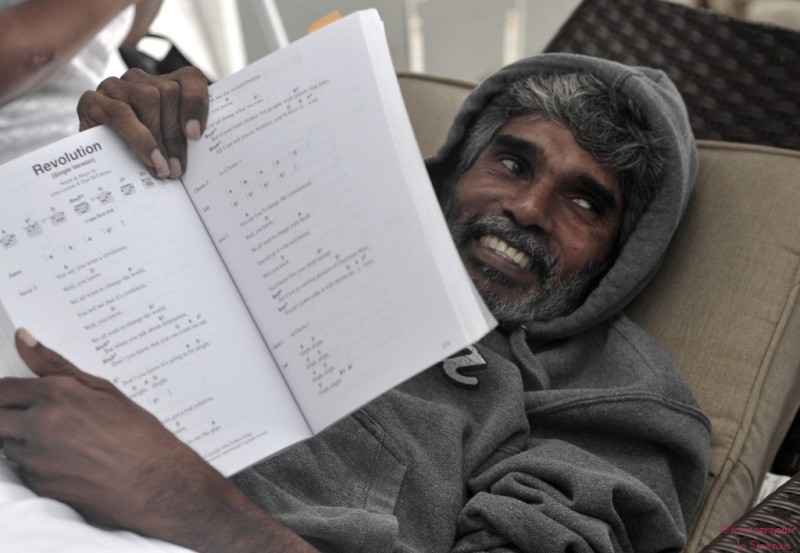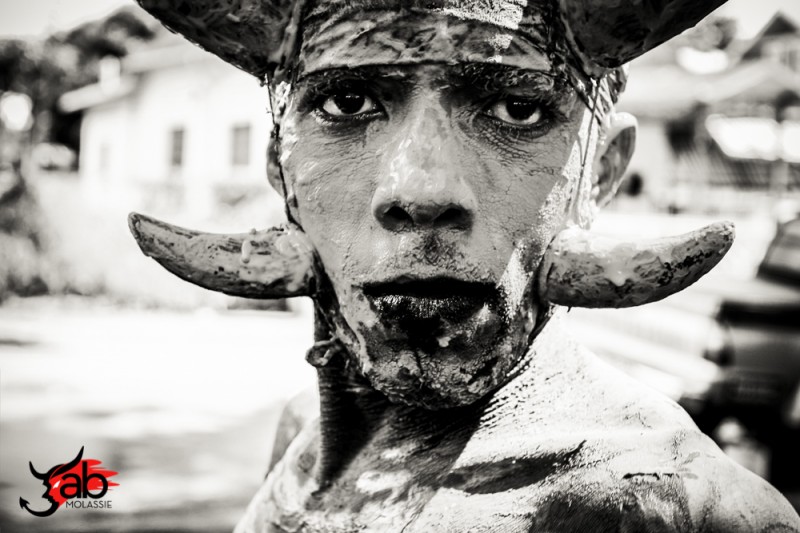Corruption, climate change and Chikungunya were the three Cs that defined the Caribbean in 2014. Of course, there were other stories of interest — gay rights, farewells to regional icons, and quite a bit of good news in the areas of culture, the arts and literature — but those three themes set the tone for the region last year. Here's a quick look back…
Chik-V
As early as January last year, Global Voices noted that Chikungunya, a mosquito-borne virus that causes fever and severe joint pain, was on the rise across the region. By October, Jamaica in particular seemed to be in the throes of an epidemic, reporting a mass outbreak of the disease and several resulting deaths. Exacerbating the situation was the fact that the country's health authorities appeared to be bungling the management of the outbreak.
The Jamaican blogosphere this year was also inundated with discussion about homophobia and gay rights, police brutality, sexism, public sexual harrassment and sexual abuse.

The 2014 Climate Change March in Trinidad and Tobago; photo by Dylan Quesnel, courtesy IAMovement, used with permission.
Climate Change
This year, the Caribbean considered its position and policies when it comes to the environment. Even as netizens were up in arms about the Jamaican government's apparent commitment to develop an ecologically sensitive area, young activists in Trinidad and Tobago and Grenada were taking part in the global marches against climate change and organising grassroots movements to educate people and help effect change against what has been called humanity's greatest threat.
Corruption
The environment and the need for good governance collided in Trinidad and Tobago's most high-profile story of the year — environmental activist Dr. Wayne Kublalsingh's second hunger strike in protest over a stretch of highway that his group, the Highway Re-Route Movement, maintains would displace long-standing rural communities and compromise an ecologically sensitive lagoon area. Amidst findings of gaps in proper project procedure, Kublalsingh's act of dissent soon became symbolic of growing public dissatisfaction over transparency in public office and the manner in which the voice of the people is overlooked by the representatives who are put there to serve.

Environmentalist Dr. Wayne Kublalsingh during his 2012 hunger strike. Photo by Jolynna Sinanan, used with permission.
Kublalsingh has since survived more than three months on his fast and despite peaceful protests, the impasse remains. Add to this stalemate the other political missteps throughout the year — a surreptitiously passed Constitutional Reform Bill that could favour any incumbent government and maintain the two-party status quo, a president who saw it more appropriate to use the powers the public didn't think he had to chastise a comedian rather than address the inconsistencies in the Constitutional Reform Bill, allegations of corruption in a failed sporting programme for disenfranchised youth, and escalating violent crime against the backdrop of an illegitimate parallel economy — and it appears that the twin island republic had a pretty frustrating year.
Everything came to a head over the Christmas season when the government was widely criticised for spending lavishly on a Holiday Toy Drive even as the country faces an uncertain economic future as global oil prices plummet. Many expect the political shenanigans to get worse however, as the government must constitutionally call national elections this year.

Promotional photo for the new indigenous music-theatre work, Jab Molassie, premiering in Trinidad and Tobago this week. Photo by Maria Nunes, courtesy the Calabash Foundation for the Arts, used with permission.
Good News…and Goodbyes
In the interim, the region can console itself with the fact that there was also good news this year. In Grenada, young people are being encouraged to read again thanks to a little library that's making a big difference, Caribbean literature is attracting global attention, and West Indian artists are continuing to create magical pieces of musical and theatrical work. And when it came time for the region to pay its respects to public figures who passed on this year, the thinkers, academics, pioneers, artists and changemakers far outnumbered the tyrants — which suggests despite all the challenges the region has faced in 2014, it must be collectively doing something right.
Here's to 2015!








2 comments